Talking Sense blog
People like you, writing about their experiences of complex disabilities, deafblindness and all things Sense.
-
Leading Hazel off the side-lines and onto the ski slopes
People might not expect Hazel, who is blind and living with complex disabilities, to enjoy skiing – but it’s an activity she absolutely loves!
-
Why positive disability representation in the media matters
Why are negative portrayals of disabled characters so damaging, and what are the benefits when a disabled character is portrayed positively?
-
How to ask for reasonable adjustments
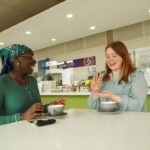
The law says that every disabled person has the right to “reasonable adjustments” to meet their needs at work. Find out what to ask for and how to start the conversation.
-
Sense Hub Loughborough officially opened by our patron, Her Royal Highness The Princess Royal
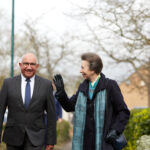
On Tuesday 19 March 2024, HRH The Princess Royal visited Sense Hub Loughborough to meet with people we support, families, staff and volunteers before…
-
Sense Holidays give every child the chance to feel the excitement of their first trip away from home

Claudine is one of our brilliant volunteers, who makes Sense Holidays possible. She tells us how she supported Orla, 11, on her very first holiday.
-
A Sense Holiday helped social butterfly Orla to stretch her wings
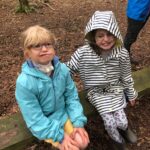
Orla, 11, came on her very first Sense Holiday last year, and had an amazing time. Her mum Anna tells us all about it.
-
Being enabled to love and cherish my daughter
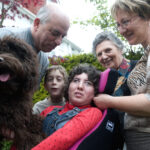
For Sheila and Peter, the birth of their daughter, Josephine, in 1993 turned their world upside-down. Due to medical negligence during labour, Josephine was…
-
Celebrating the pioneers who built Sense
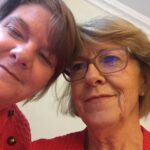
Maggie joined Sense in 1975. Like so many of our earliest members, she was also a new mother to a baby disabled by rubella.
-
We found love, and Sense are supporting us to be there for each other
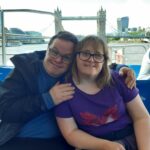
Emma and Ben live together at Otterhayes, a Sense Supported Living service. Tracy, who leads on identity, sex and relationships work at Sense, meets with them regularly to help them communicate and be there for each other.
-
Are we finally getting answers about why disabled people felt forgotten during the pandemic?

Steven, who works on our campaigns, explores what we’ve learnt from the early stages of the Covid-19 public inquiry.
